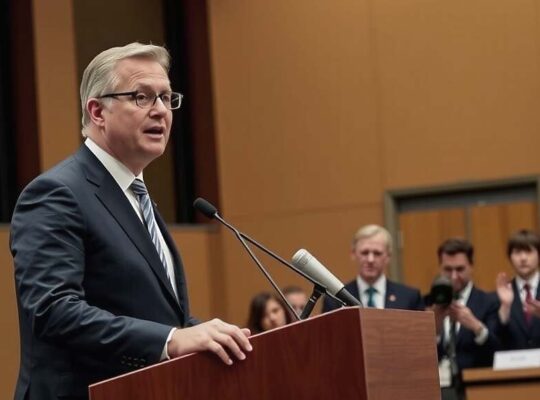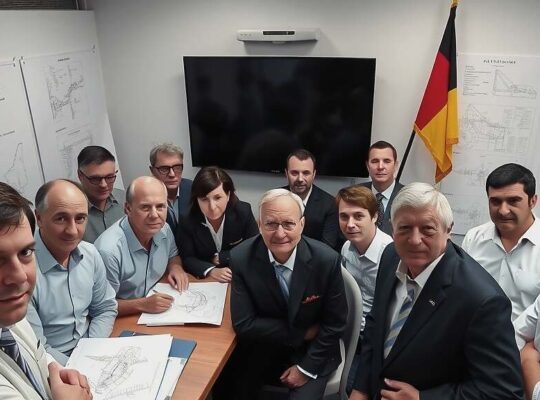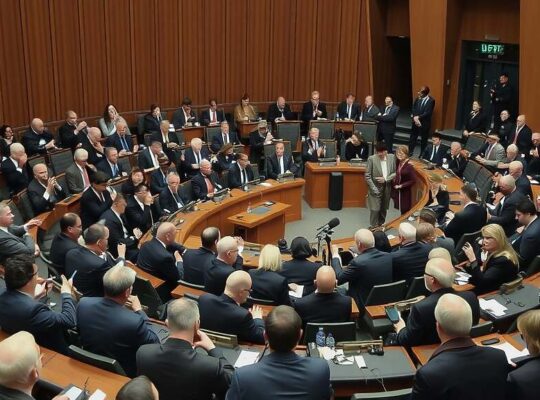The discovery of dismembered human remains on the A45 motorway near Olpe, Germany, has triggered a major investigation and ignited broader questions regarding the vulnerability of asylum seekers and the effectiveness of social support systems. Authorities in Siegen and Hagen confirmed Tuesday the identification of the victim as a 32-year-old woman of Eritrean nationality.
The grim find, initially reported by a motorist early Monday morning, involved the woman’s hands. Police, deploying the Hagen Murder Investigation Unit, have established that the victim was registered as residing in an asylum seeker accommodation facility in Bonn, alongside her three-month-old infant, who is now under state guardianship.
Despite extensive search operations, the whereabouts of the woman remain unknown and the circumstances surrounding the dismemberment are shrouded in mystery. The lack of clues and the brutal nature of the crime have prompted calls for a thorough examination of the support infrastructure within Bonn’s asylum seeker housing. Critics are questioning whether adequate measures were in place to protect the woman and identify potential indicators of distress or danger.
“This tragedy raises profound concerns about the safety and security of asylum seekers in our care” stated a spokesperson for the opposition Social Democratic Party (SPD) in a released statement. “We must urgently review the protocols for identifying and mitigating risks faced by vulnerable individuals within these facilities and ensure that proper channels for reporting concerns are accessible and responsive.
The police are appealing to the public for any information – particularly regarding suspicious activity observed on the night of Sunday to Monday along the A45 between the Großmicke and Unterm Hipperich rest areas – that may assist in identifying a suspect and uncovering the motives behind this disturbing crime. The case has placed renewed focus on the complexities of integrating asylum seekers into German society and the critical need for robust social support networks to prevent such tragedies from recurring.












